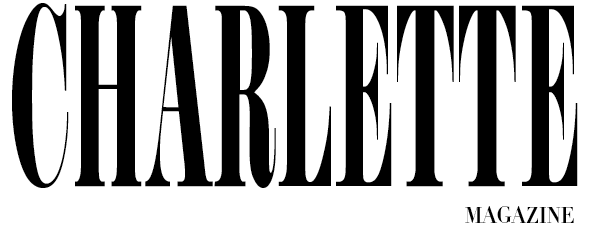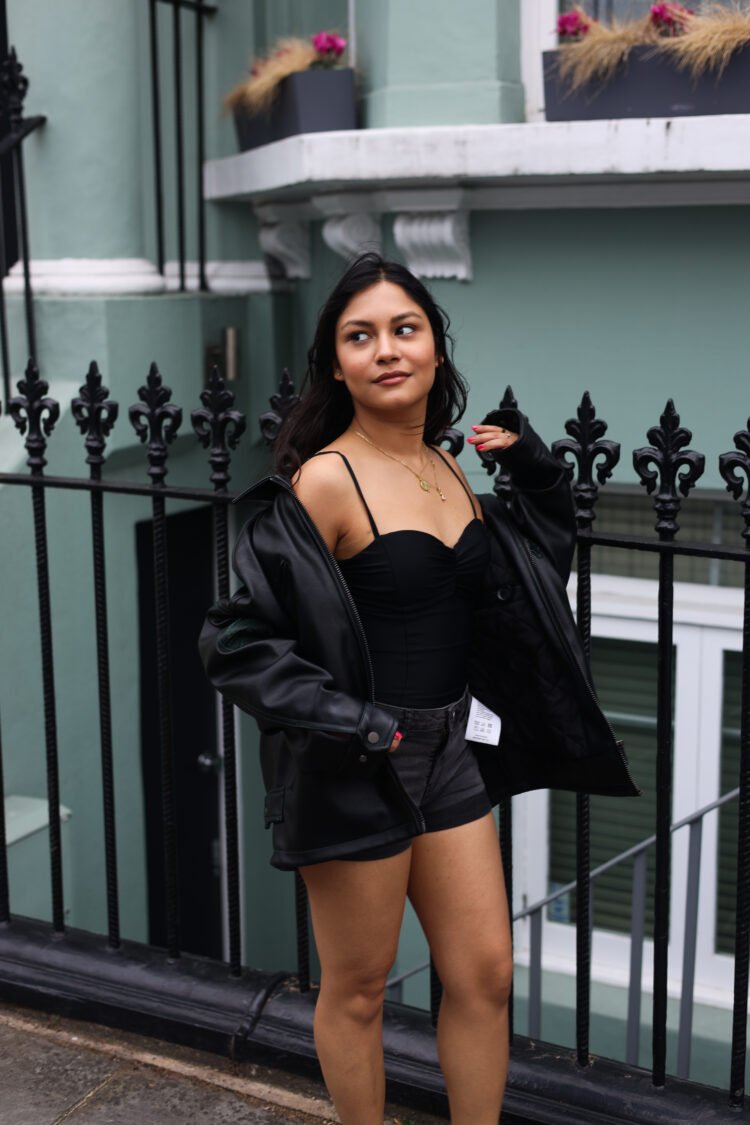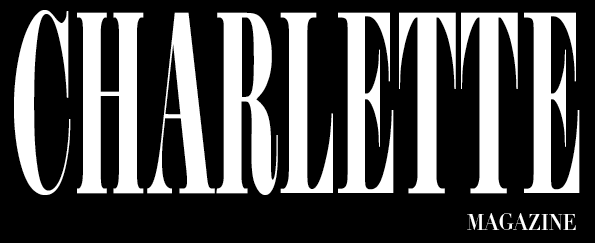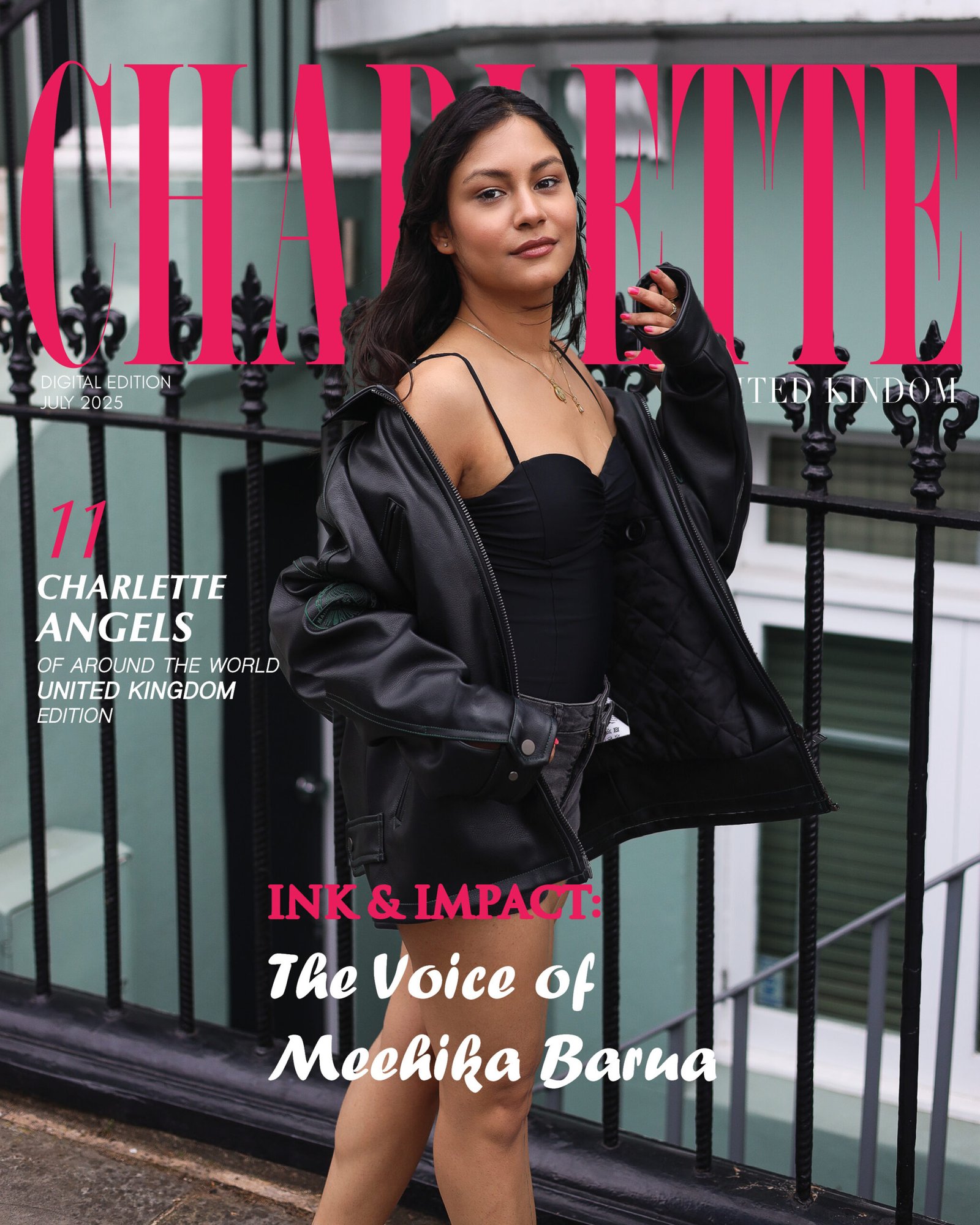 Meehika Barua never set out to be a writer. In fact, the idea was almost alien to her in the beginning, not because she didn’t love storytelling, but because the world around her didn’t consider it a legitimate career. Raised in a traditional Indian household where professional success was defined within the narrow bounds of law, medicine, or engineering, she found herself defaulting to architecture. “I only took up architecture because I was brought up in a family where there was a lot of premium and pressure put into making a career in tech, law or medicine,” she says. “My mother very much indirectly and subtly insisted that there was no other career path in life where I would make a living and be comfortable.”
Meehika Barua never set out to be a writer. In fact, the idea was almost alien to her in the beginning, not because she didn’t love storytelling, but because the world around her didn’t consider it a legitimate career. Raised in a traditional Indian household where professional success was defined within the narrow bounds of law, medicine, or engineering, she found herself defaulting to architecture. “I only took up architecture because I was brought up in a family where there was a lot of premium and pressure put into making a career in tech, law or medicine,” she says. “My mother very much indirectly and subtly insisted that there was no other career path in life where I would make a living and be comfortable.”
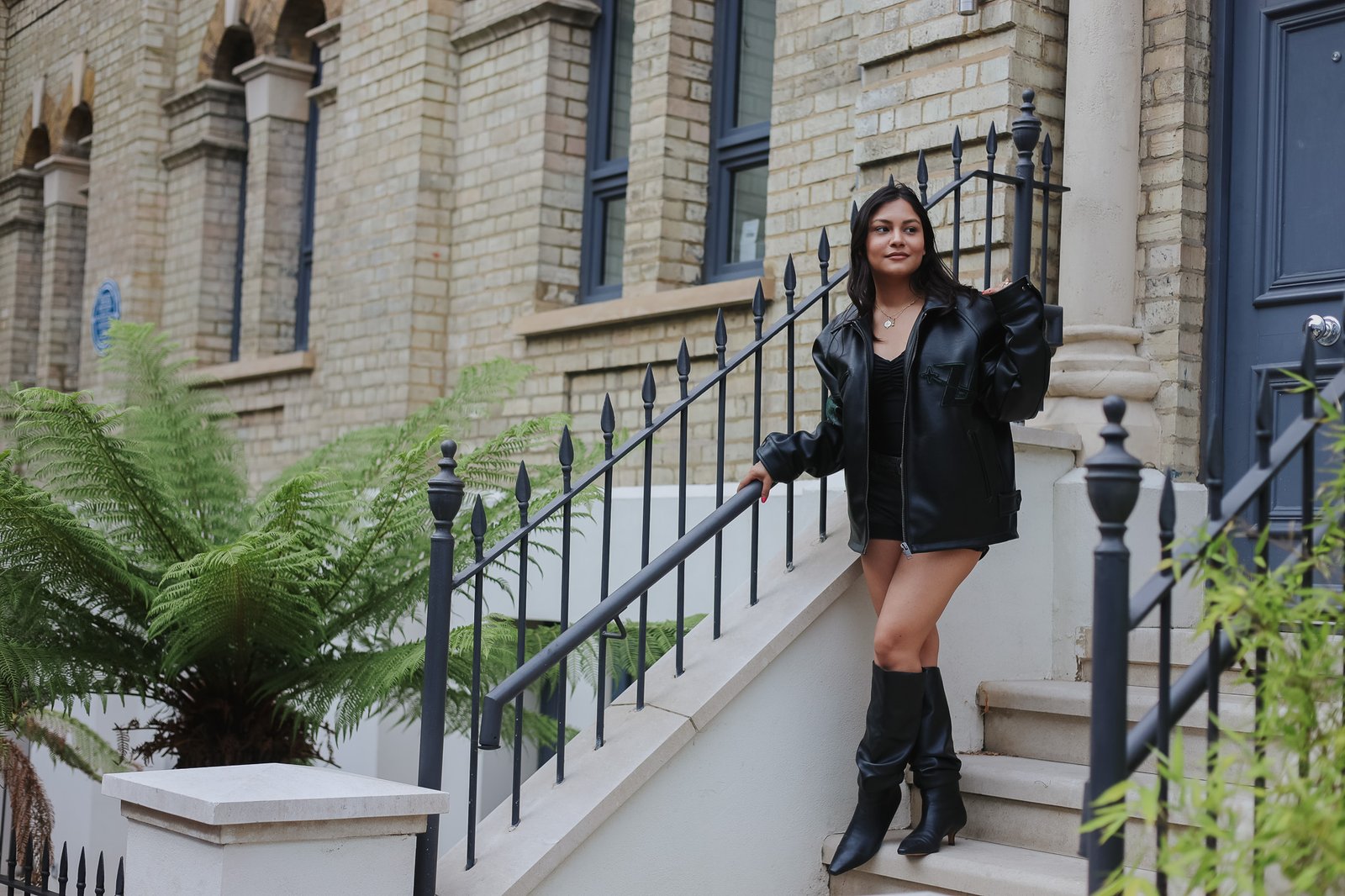 The decision wasn’t hers, not really. She recalls choosing architecture because she was mildly good at sketching and it seemed the closest she could get to a creative profession while still fulfilling her family’s expectations. “It was only halfway through my degree that I realised not only did I absolutely hate it, but that I never wanted to pursue it in the first place,” she says, candid as ever. It was a moment of reckoning, a realisation that she had been chasing a life others had scripted for her. That internal tension finally cracked open space for something new, something hers.
The decision wasn’t hers, not really. She recalls choosing architecture because she was mildly good at sketching and it seemed the closest she could get to a creative profession while still fulfilling her family’s expectations. “It was only halfway through my degree that I realised not only did I absolutely hate it, but that I never wanted to pursue it in the first place,” she says, candid as ever. It was a moment of reckoning, a realisation that she had been chasing a life others had scripted for her. That internal tension finally cracked open space for something new, something hers.
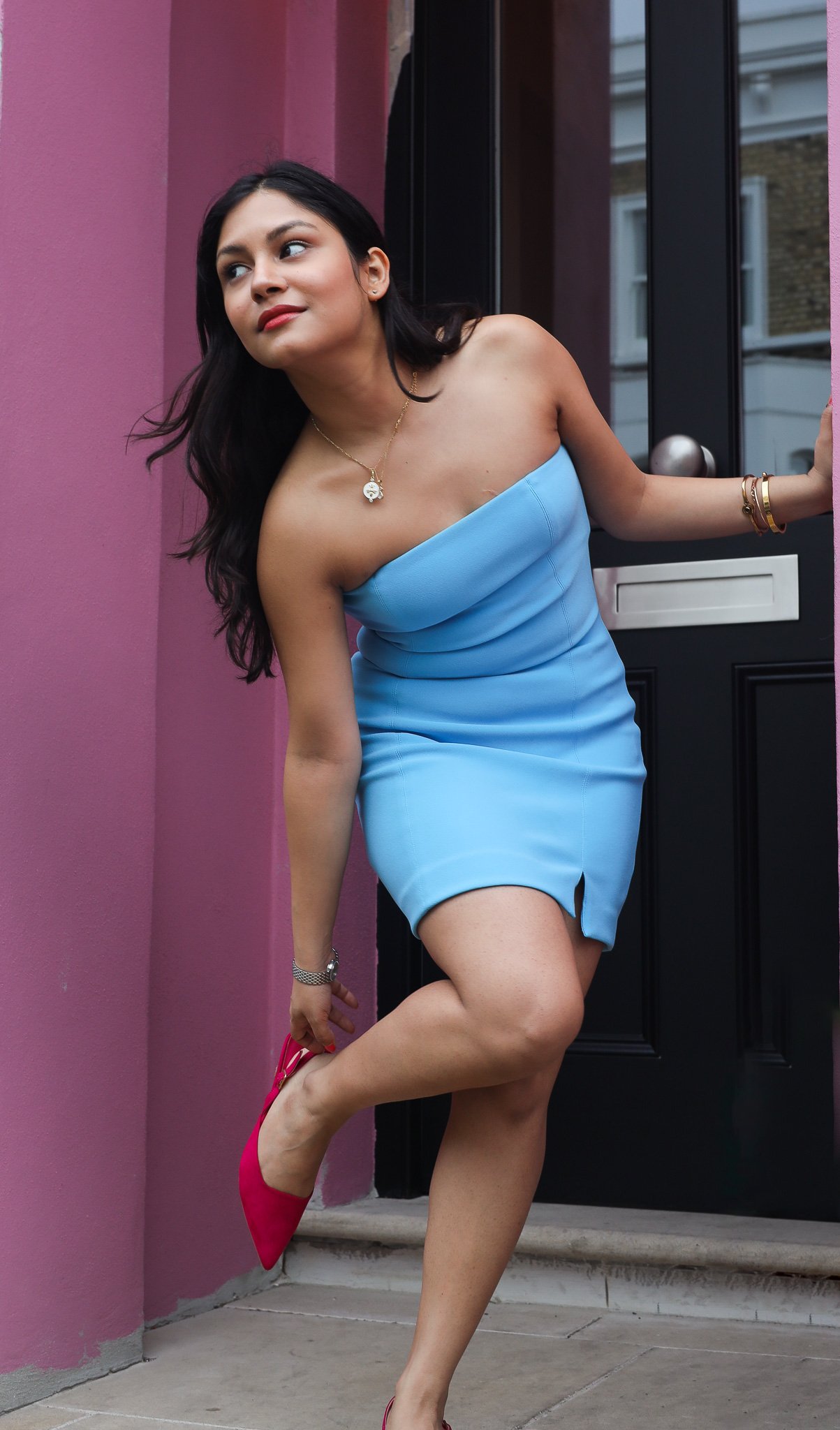 Growing up with newspapers, magazines, and books around, thanks to a father who worked in publishing, she had always quietly gravitated toward words. But it took walking away from a path that wasn’t hers to finally see what had always been waiting for her: storytelling.
Growing up with newspapers, magazines, and books around, thanks to a father who worked in publishing, she had always quietly gravitated toward words. But it took walking away from a path that wasn’t hers to finally see what had always been waiting for her: storytelling.
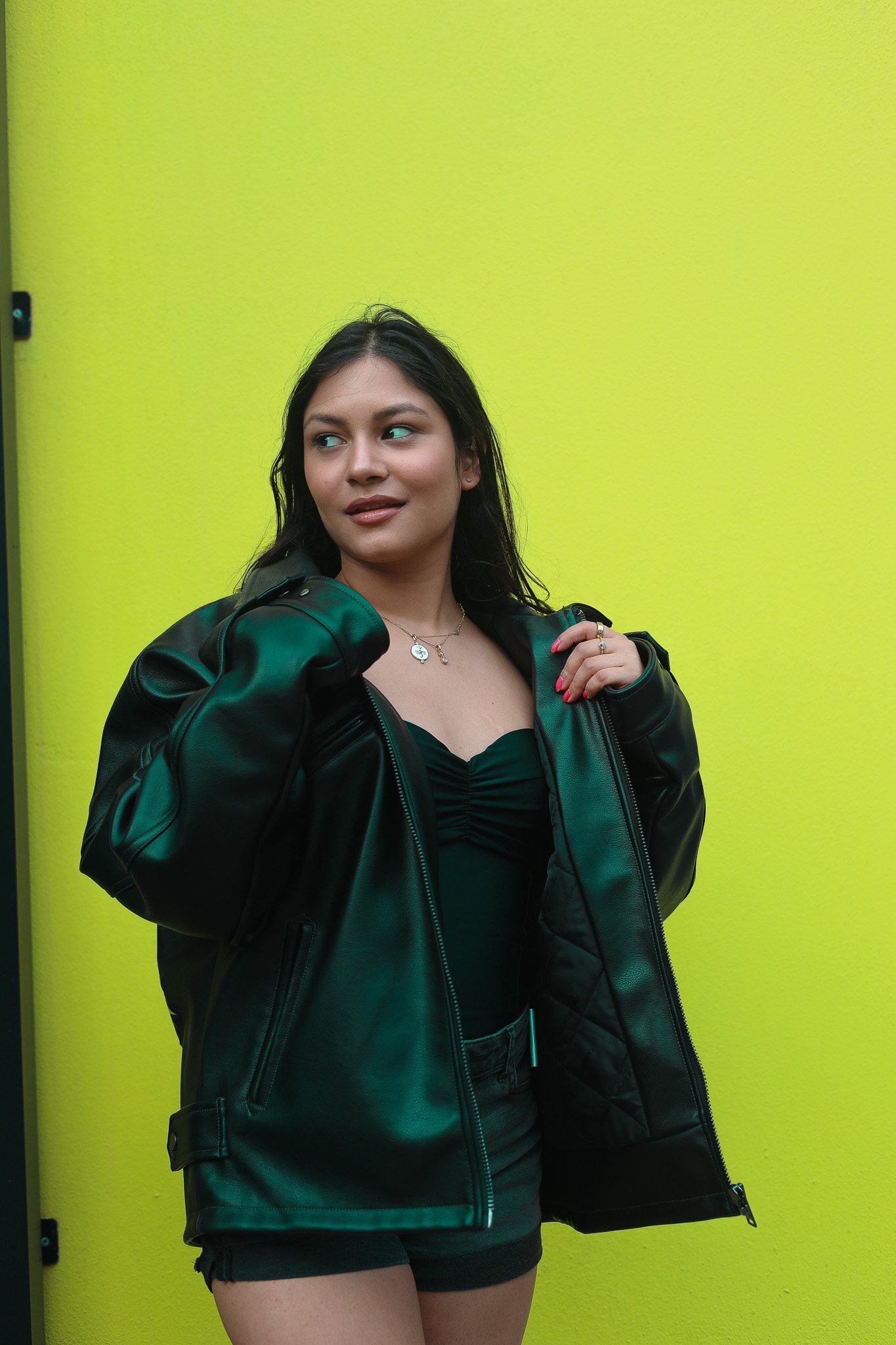 Today, Meehika writes for some of the biggest publications in the world, Vogue, Business Insider, The Guardian, Glamour, and Refinery29, to name a few. Her work spans across culture, lifestyle, mental health, relationships, and fashion. But the one thread running through all of it? A refusal to perform.
Today, Meehika writes for some of the biggest publications in the world, Vogue, Business Insider, The Guardian, Glamour, and Refinery29, to name a few. Her work spans across culture, lifestyle, mental health, relationships, and fashion. But the one thread running through all of it? A refusal to perform.
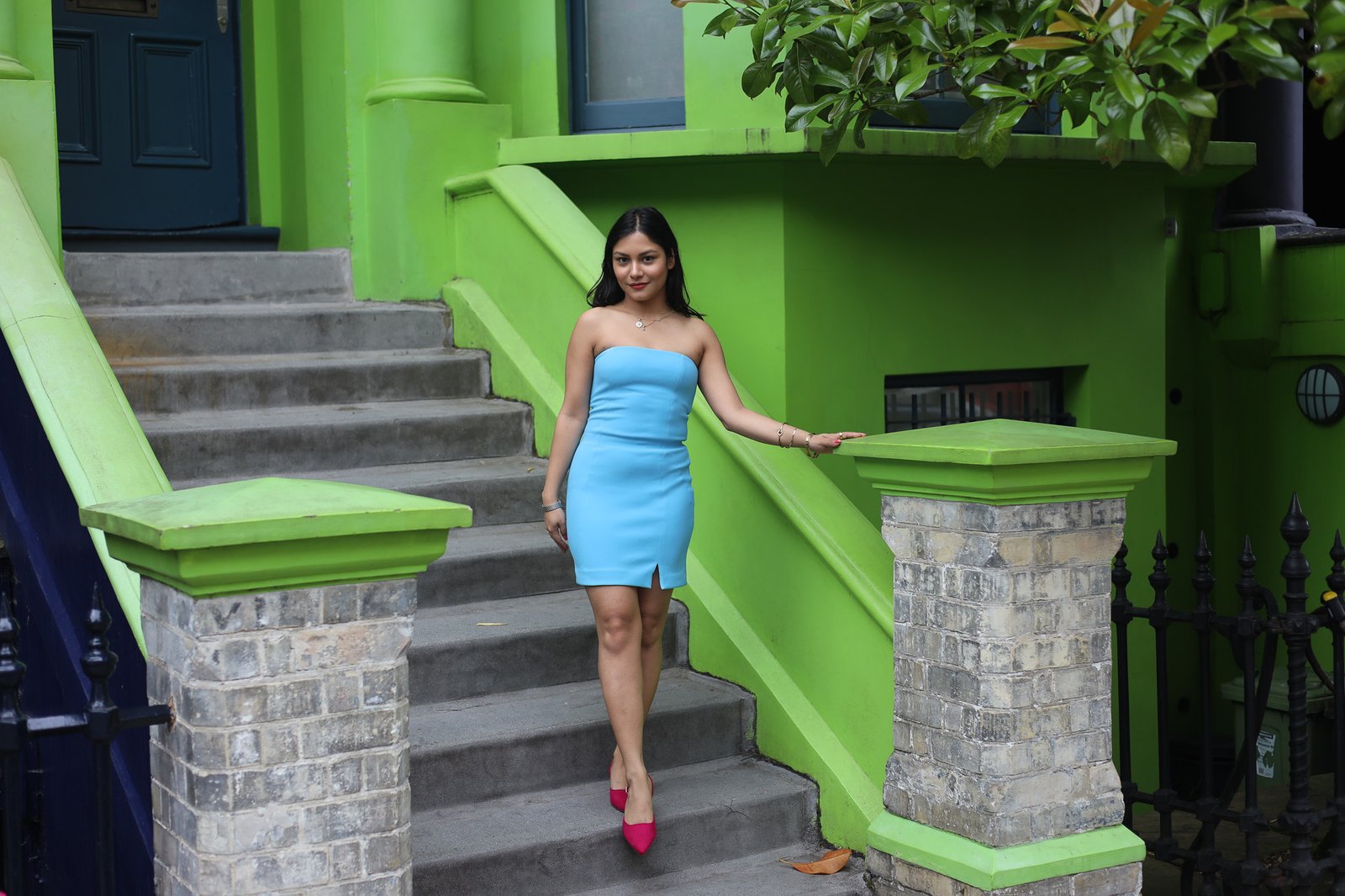 “I try to be the most authentic and see both sides of the coin,” she says. “But sometimes when I am biased because of personal storytelling, I’m grateful I have editors who push me to be more objective. I’ve realised that it always comes across as bad faith when the balance is compromised.” Authenticity matters deeply to her, and she doesn’t write stories with an agenda. “I do my best to speak with honesty while still having a sharp pen in terms of my opinions.”
“I try to be the most authentic and see both sides of the coin,” she says. “But sometimes when I am biased because of personal storytelling, I’m grateful I have editors who push me to be more objective. I’ve realised that it always comes across as bad faith when the balance is compromised.” Authenticity matters deeply to her, and she doesn’t write stories with an agenda. “I do my best to speak with honesty while still having a sharp pen in terms of my opinions.”
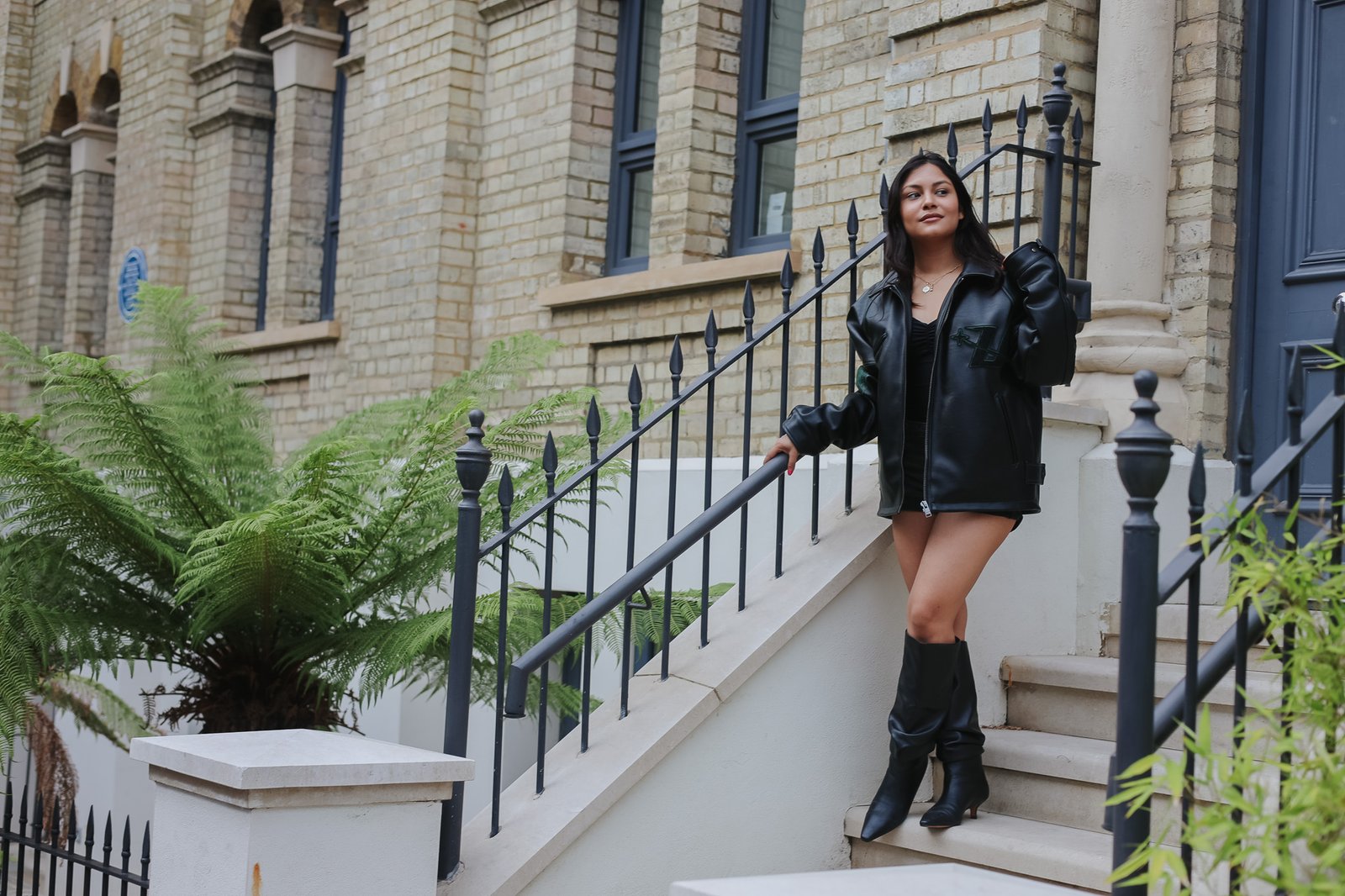 It was this rawness and vulnerability that helped her breakthrough moment arrive in the unlikeliest of ways, during the pandemic. Meehika wrote a deeply personal essay for American Vogue about a breakup, and it went viral. “I realised this is why it’s so important to be raw and authentic, a lot of people were struggling with the same pain I was,” she shares. “I was getting emails from people all over the world saying they felt seen.” The unexpected global resonance cemented her belief in the power of honesty.
It was this rawness and vulnerability that helped her breakthrough moment arrive in the unlikeliest of ways, during the pandemic. Meehika wrote a deeply personal essay for American Vogue about a breakup, and it went viral. “I realised this is why it’s so important to be raw and authentic, a lot of people were struggling with the same pain I was,” she shares. “I was getting emails from people all over the world saying they felt seen.” The unexpected global resonance cemented her belief in the power of honesty.
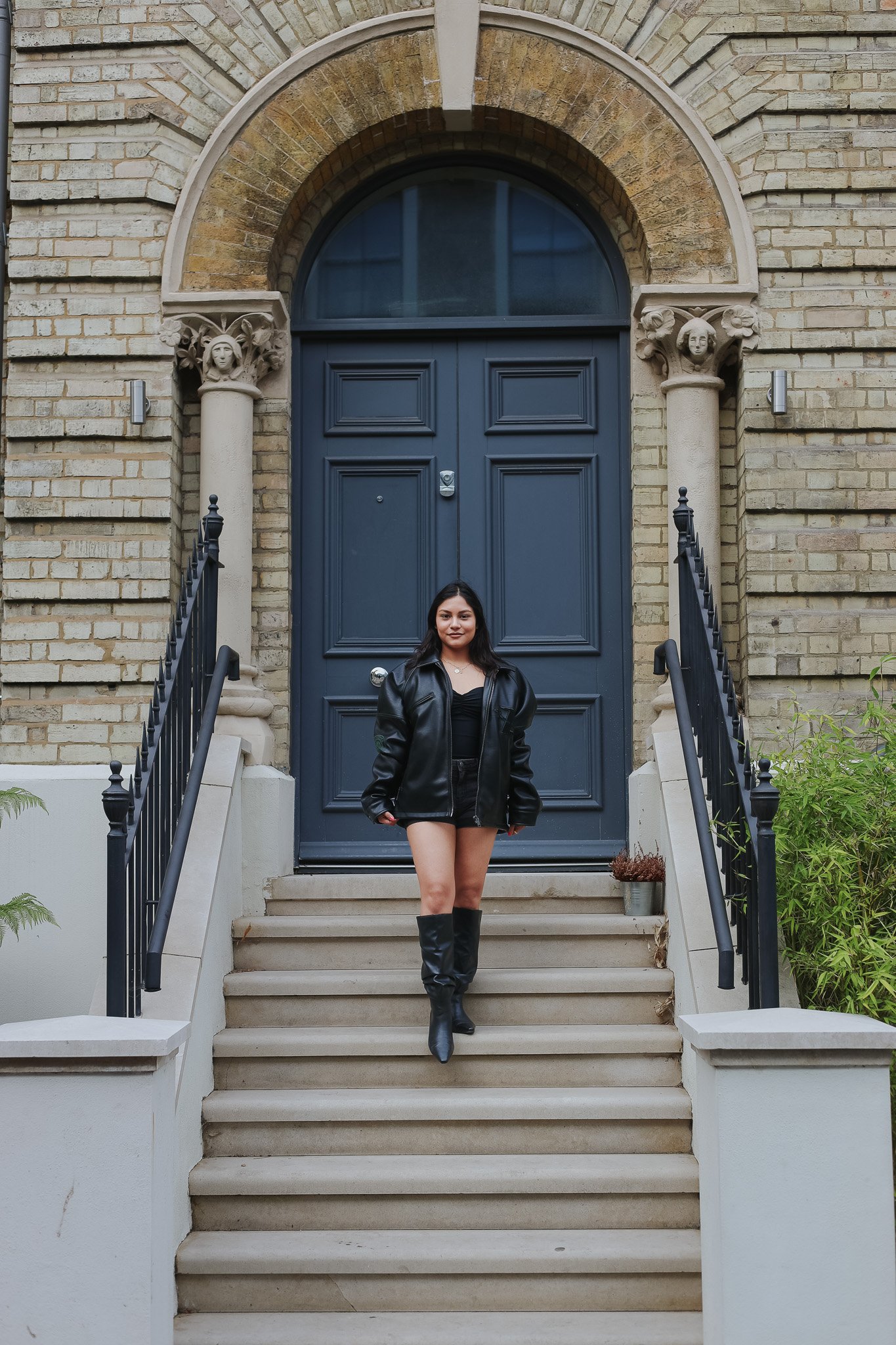 When asked whether she has a specific niche, she doesn’t hesitate: “I’ve never believed in having a niche. I would honestly get bored writing about the same thing every week.” For her, the joy of freelancing lies in its flexibility. She’s covered everything from tech and real estate to relationships, fashion, and personal essays. Her range is enviable, but for her, it’s about staying interested. “That’s what helps me keep things exciting and unpredictable.”
When asked whether she has a specific niche, she doesn’t hesitate: “I’ve never believed in having a niche. I would honestly get bored writing about the same thing every week.” For her, the joy of freelancing lies in its flexibility. She’s covered everything from tech and real estate to relationships, fashion, and personal essays. Her range is enviable, but for her, it’s about staying interested. “That’s what helps me keep things exciting and unpredictable.”
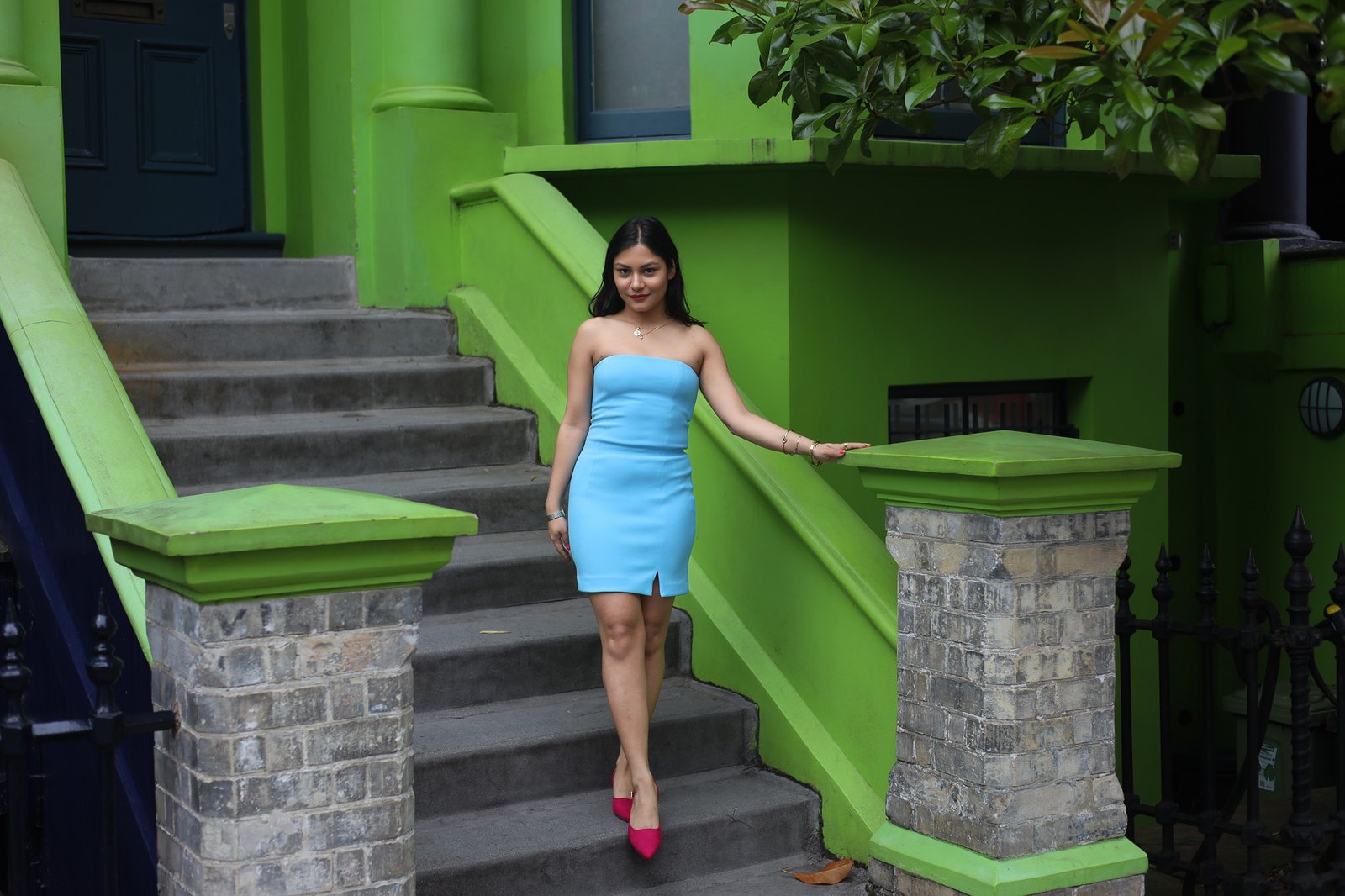 As a British-Indian journalist navigating the UK media landscape, Meehika is acutely aware of the systemic imbalance still at play. “We still have a very long way to go. The UK media is predominantly white and upper-middle class,” she says. “Not fitting that mould means I’ve had to work ten times harder to have the same access and press opportunities. I’ve faced micro aggressions and racism in subtle ways.”
As a British-Indian journalist navigating the UK media landscape, Meehika is acutely aware of the systemic imbalance still at play. “We still have a very long way to go. The UK media is predominantly white and upper-middle class,” she says. “Not fitting that mould means I’ve had to work ten times harder to have the same access and press opportunities. I’ve faced micro aggressions and racism in subtle ways.”
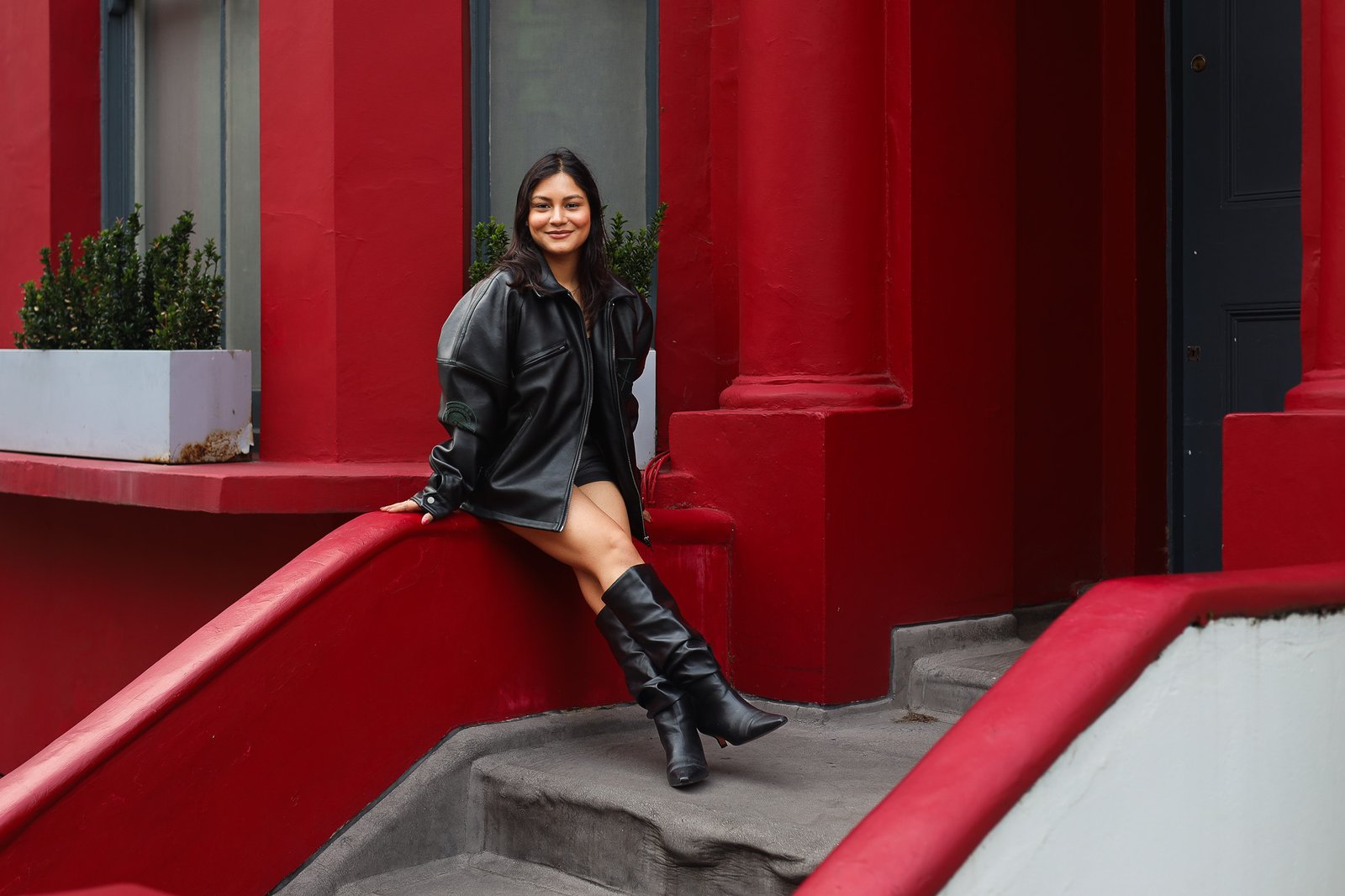 Even when she’s interviewing celebrities or navigating high-profile assignments, Meehika brings a refreshing approach to storytelling. “I try to see my subjects as normal people. I also see myself as a curious reader who wants to know something unexpected about them,” she explains. “But it’s hard to get people to speak freely. They’re often media-trained and give the same answers to every journalist.” So, she’s learned to ask unexpected questions, the kind that make her subjects pause and think, the kind they haven’t rehearsed for.
Even when she’s interviewing celebrities or navigating high-profile assignments, Meehika brings a refreshing approach to storytelling. “I try to see my subjects as normal people. I also see myself as a curious reader who wants to know something unexpected about them,” she explains. “But it’s hard to get people to speak freely. They’re often media-trained and give the same answers to every journalist.” So, she’s learned to ask unexpected questions, the kind that make her subjects pause and think, the kind they haven’t rehearsed for.
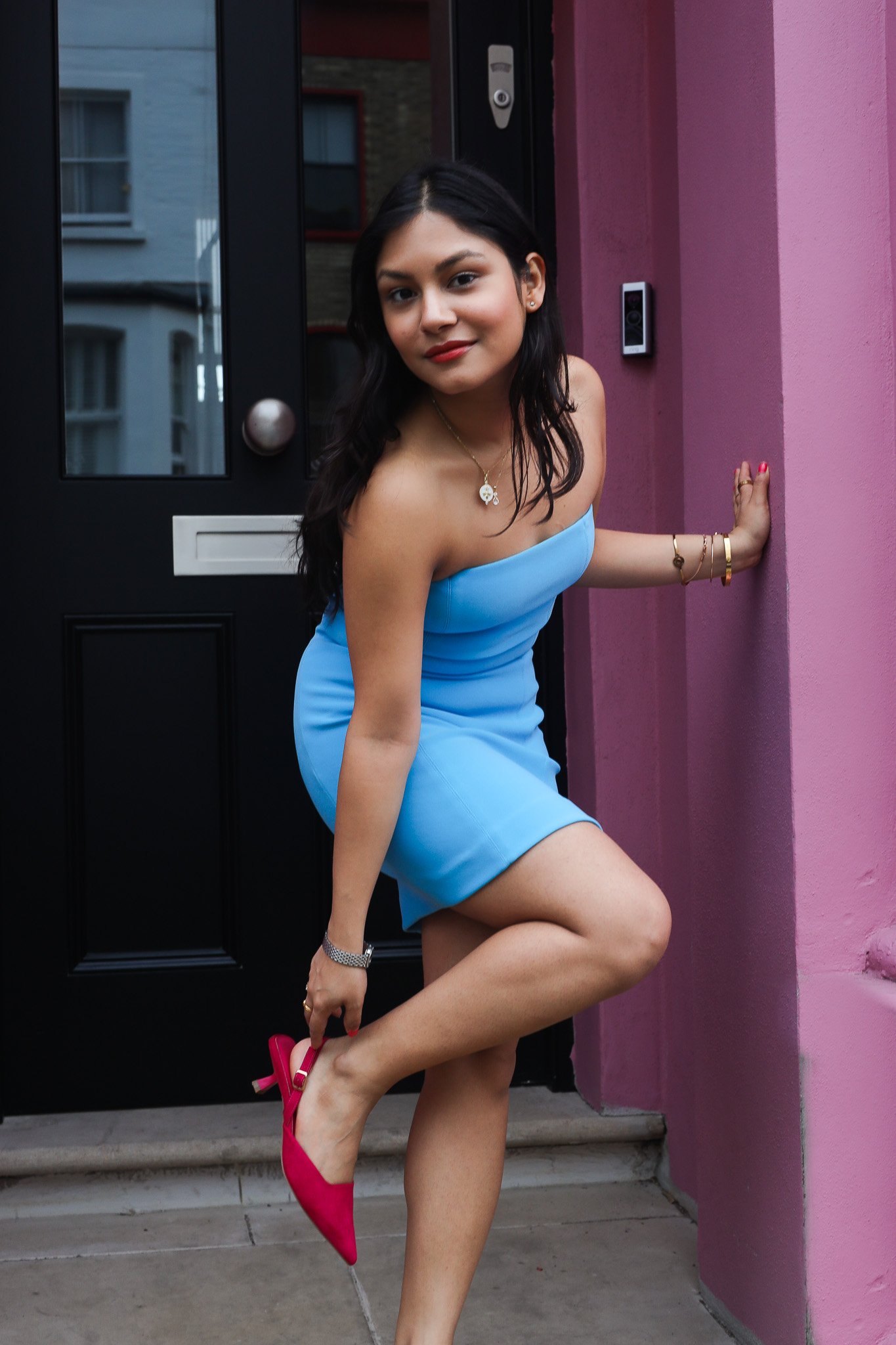 In terms of content creation, she doesn’t chase trends. “I usually spot a trend when my friends start talking about the same thing or sending the same kind of content,” she says. “I’m not on TikTok, but I use social media to post my work, keep up with PR events, and stay updated.”
In terms of content creation, she doesn’t chase trends. “I usually spot a trend when my friends start talking about the same thing or sending the same kind of content,” she says. “I’m not on TikTok, but I use social media to post my work, keep up with PR events, and stay updated.”
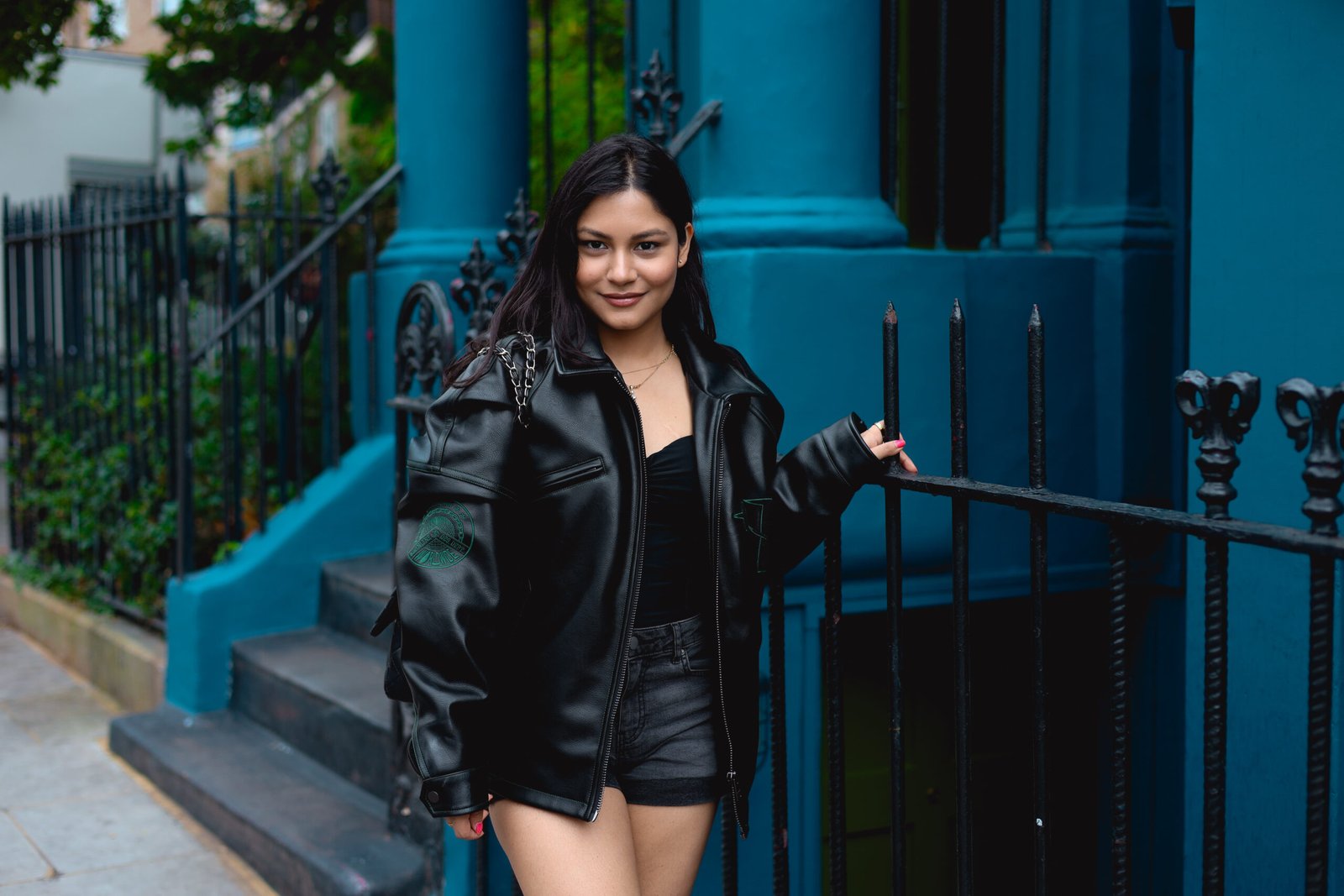 Some of her most viral stories have stemmed from casual WhatsApp conversations or real-life experiences. “I wrote a piece for Business Insider about getting rid of acquaintances. That story popped up on the feeds of so many of my friends, and it made me realise how many of us are thinking the same things, even if no one says them out loud,” she recalls. Another article she penned was about being dumped over a voice note. “I thought it was such a icky thing to do, after spending weeks getting to know someone, you should have the decency to end it in person,” she says. “But then I realised how common that experience is. So many people had similar stories.”
Some of her most viral stories have stemmed from casual WhatsApp conversations or real-life experiences. “I wrote a piece for Business Insider about getting rid of acquaintances. That story popped up on the feeds of so many of my friends, and it made me realise how many of us are thinking the same things, even if no one says them out loud,” she recalls. Another article she penned was about being dumped over a voice note. “I thought it was such a icky thing to do, after spending weeks getting to know someone, you should have the decency to end it in person,” she says. “But then I realised how common that experience is. So many people had similar stories.”
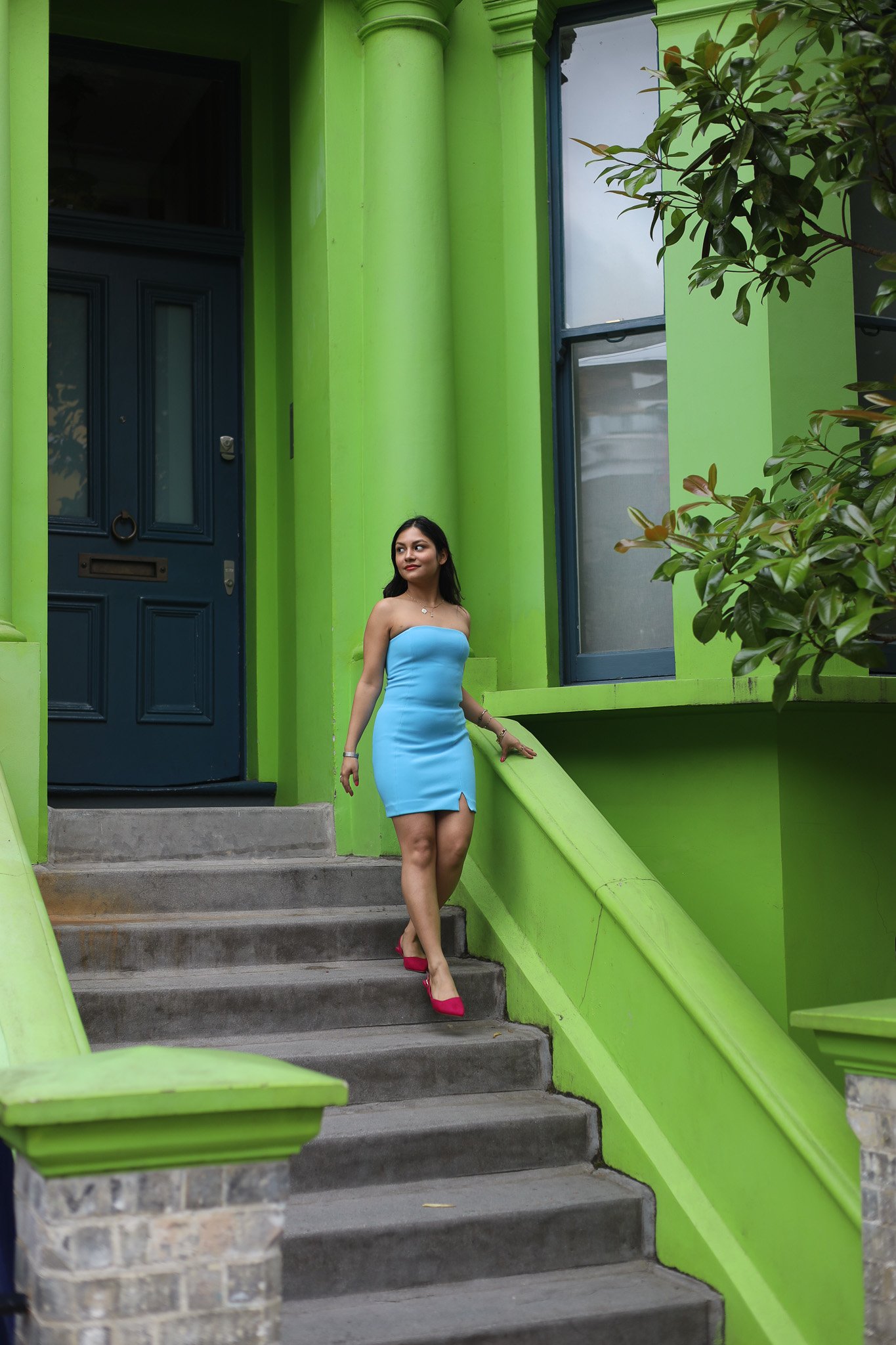 It’s this ability to distill cultural shifts through deeply personal, sharply observed writing that makes Meehika’s work resonate. She doesn’t just chase algorithms, she chases emotional truths.
It’s this ability to distill cultural shifts through deeply personal, sharply observed writing that makes Meehika’s work resonate. She doesn’t just chase algorithms, she chases emotional truths.
For her, inspiration doesn’t come from a content calendar or SEO tools. It comes from life. From a chat with her housemate. From a random exchange at her running club. “I try not to follow trends just for the sake of it. That’s the job of a staff writer,” she says. “As a freelancer, your job is to find stories that only you can write, from experiences that are unique to you.”
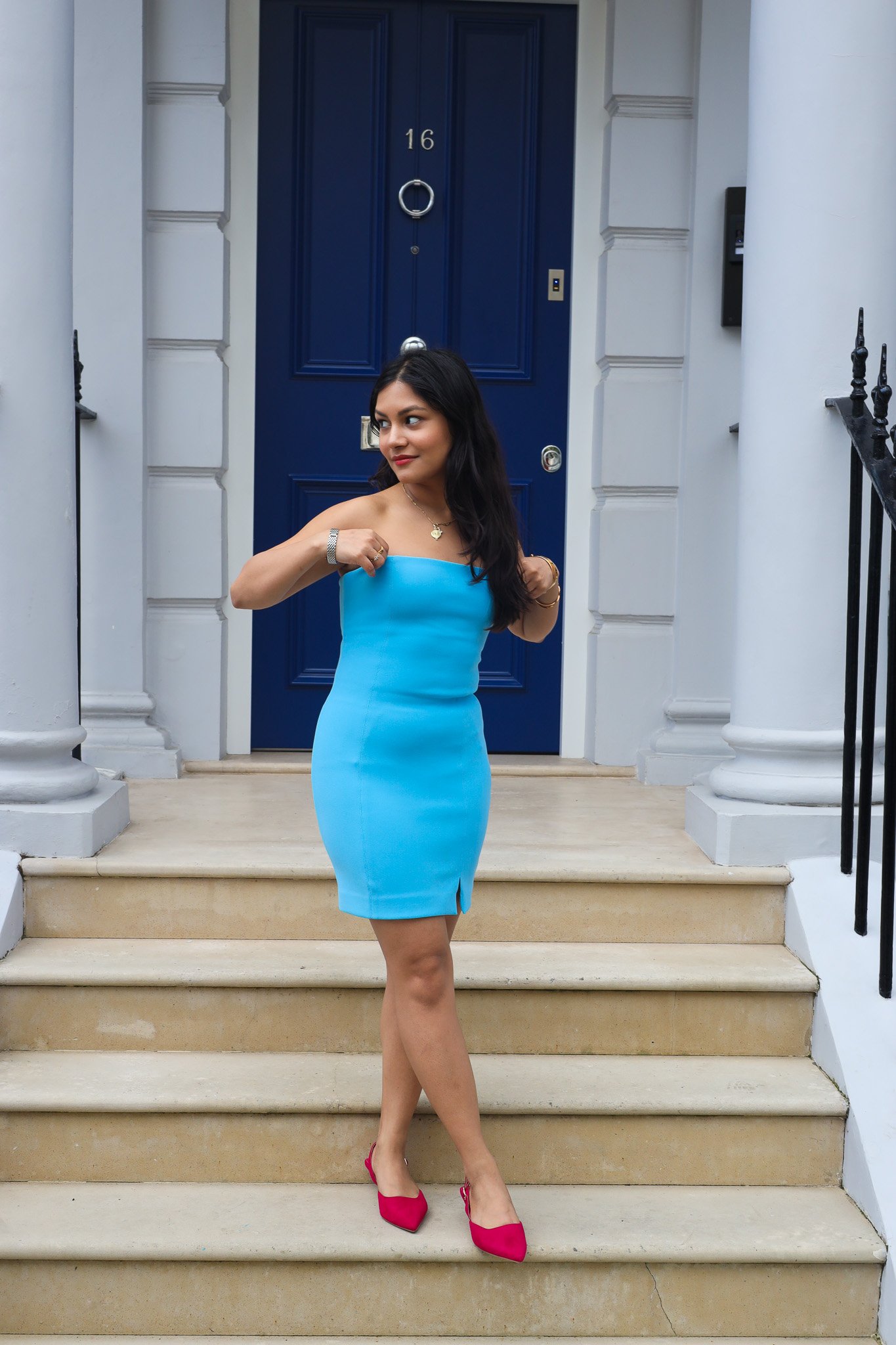 When asked about the best advice she’s ever received, she goes back to something simple yet transformative: “A Sunday Times staff editor once told me, don’t read everything just to check boxes. Skim through the pages, and only read what you’re wholeheartedly drawn to. Because that’s the kind of stuff you’ll want to write about.”
When asked about the best advice she’s ever received, she goes back to something simple yet transformative: “A Sunday Times staff editor once told me, don’t read everything just to check boxes. Skim through the pages, and only read what you’re wholeheartedly drawn to. Because that’s the kind of stuff you’ll want to write about.”
And that’s Meehika in a sentence. She follows what pulls at her, whether it’s something messy, romantic, awkward, or complicated. Her work never pretends to have all the answers, but it always asks the right questions.
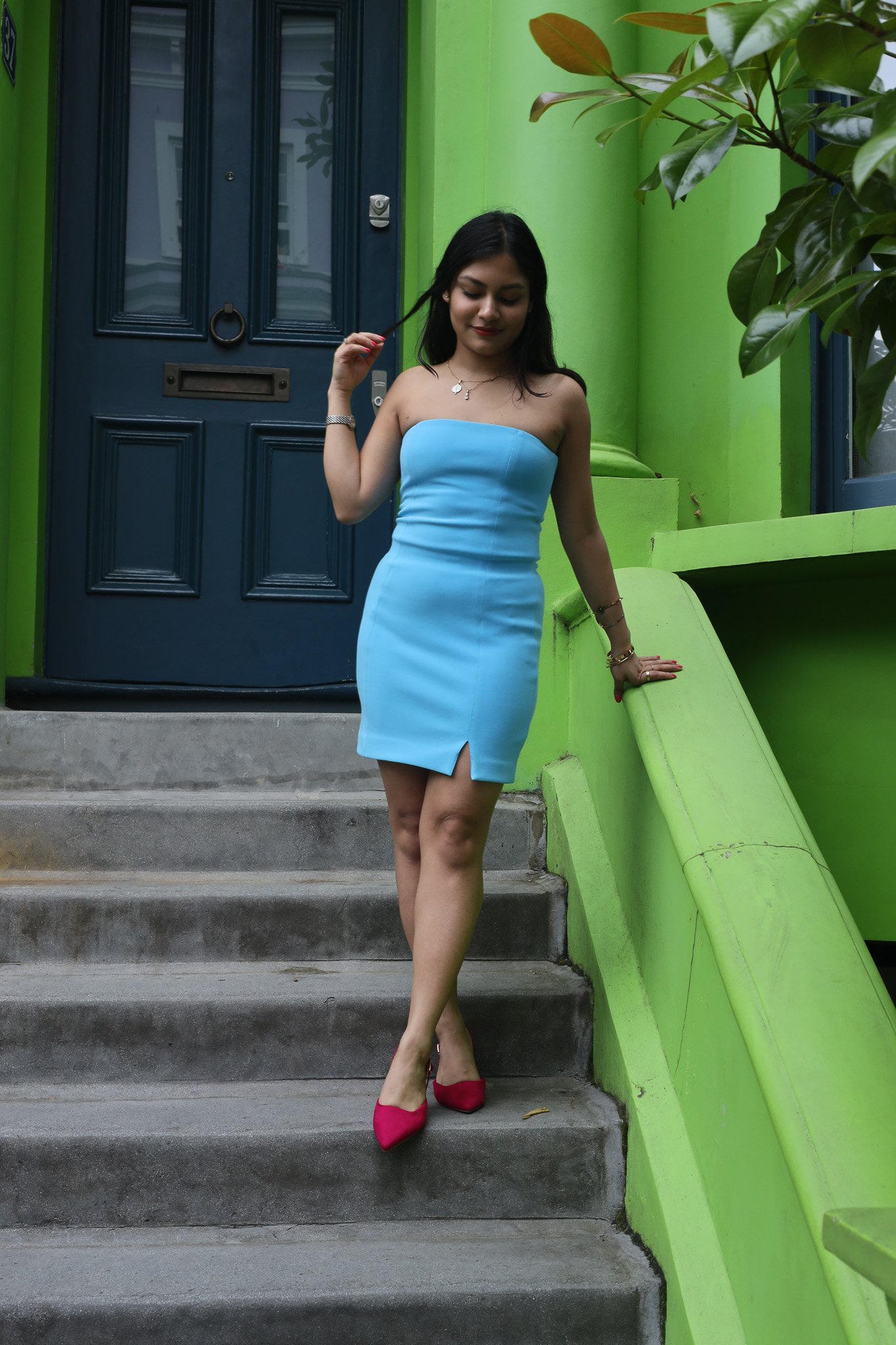 As for her refusal to be boxed into a niche? She wears that like a badge of honour. “I don’t think anyone should be condemned for being multifaceted. A lot of people told me to pick a niche. But I have varied interests I want to pursue, and I wouldn’t be where I am if I had taken that advice.”
As for her refusal to be boxed into a niche? She wears that like a badge of honour. “I don’t think anyone should be condemned for being multifaceted. A lot of people told me to pick a niche. But I have varied interests I want to pursue, and I wouldn’t be where I am if I had taken that advice.”
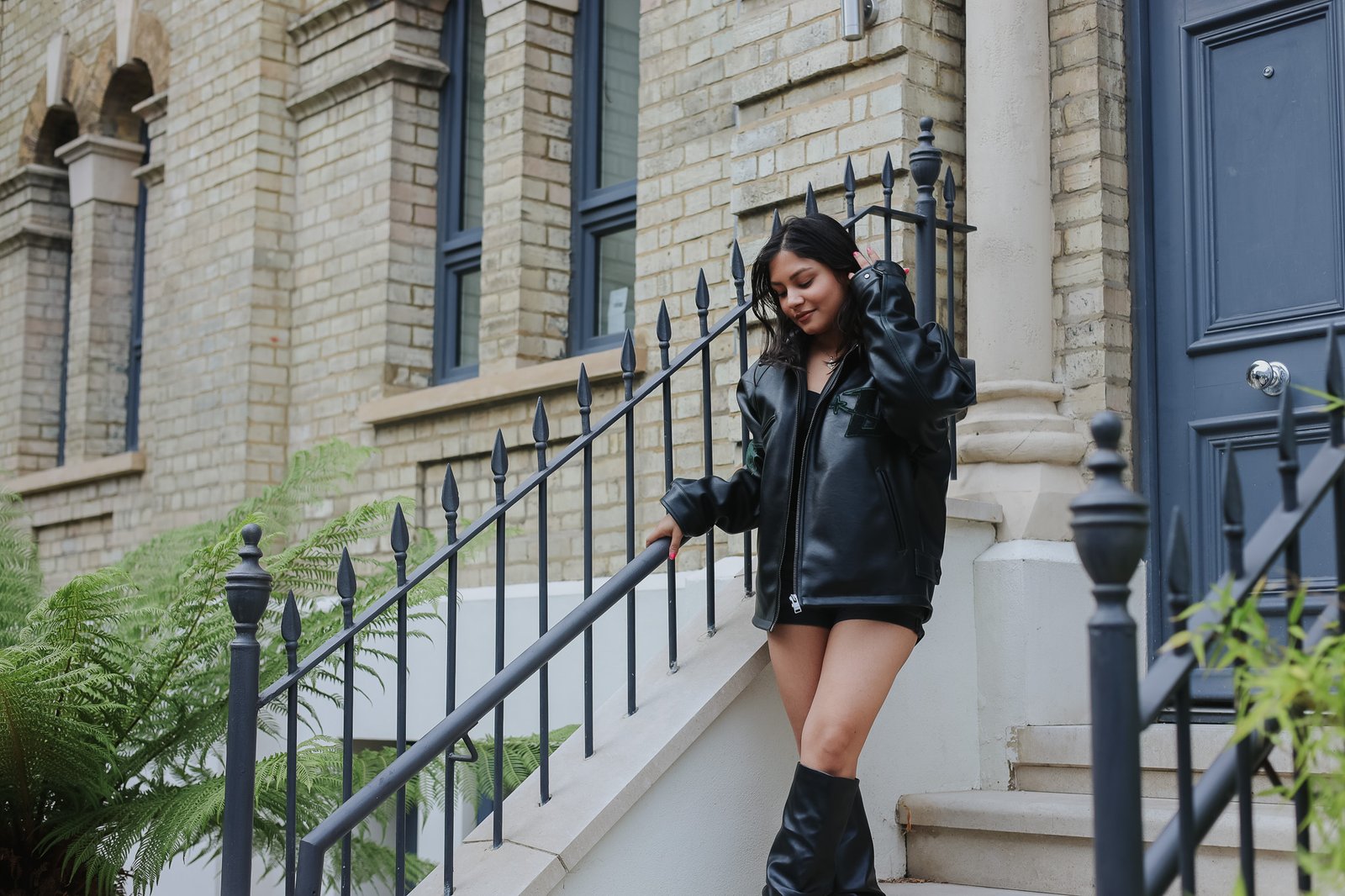 She doesn’t fit into a box, she expands it. And in an industry that often demands performative neatness, Meehika’s messy, layered, deeply human writing feels like a breath of fresh air.
She doesn’t fit into a box, she expands it. And in an industry that often demands performative neatness, Meehika’s messy, layered, deeply human writing feels like a breath of fresh air.
